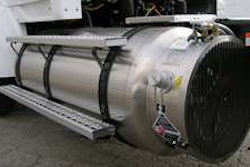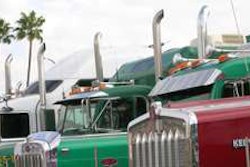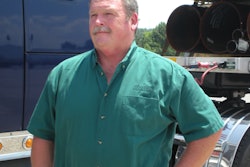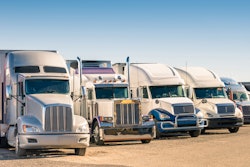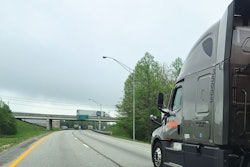U.S. Sen. Debbie Stabenow (D-Mich.) and U.S. Congressman Gary Peters (D-Mich.) this week introduced the Advanced Vehicle Technology Act of 2009.
The legislation, cosponsored by Sens. Ron Wyden (D-Ore.) and Sherrod Brown (D-Ohio), would provide funding to help U.S. manufacturers and suppliers develop the next generation of advanced vehicles, including more fuel-efficient medium- and heavy-duty commercial trucks.
China has announced plans to lead the world in the production of electric cars and spends $288 million a day in developing clean energy technology, according to the U.S. Department of Energy. The bill seeks to make sure the United States don’t lose the race to create clean-energy jobs. Peters introduced similar legislation earlier this year in the U.S. House of Representatives, which passed 312-114.
“We need to build the new vehicles of the future here in America in order to create clean-energy jobs in Michigan and across the country,” Stabenow says. “The Advanced Vehicle Technology Act will provide crucial dollars to help our manufacturers and suppliers develop and deploy technologies to make more fuel-efficient vehicles, reducing our dependence on foreign oil and foreign technologies.”

The legislation will provide funding to the U.S. Department of Energy for advanced vehicle research and development. The funding will be available through competitive grant awards for small, medium and large manufacturers and suppliers that develop technologies to improve the energy efficiency of vehicles. These efforts include hybrid and electrical systems, advanced batteries and energy storage devices, hydrogen and natural gas systems, refueling and recharging infrastructure, and other advanced vehicle technologies.
The bill is supported by a wide range of supporters from small, medium and large suppliers, manufacturers, environmental associations and business organizations. “It is fitting and proper for the federal government to leverage these private-sector dollars through support and coordination at the U.S. Department of Energy to achieve the national goals of vehicle hybridization, energy efficiency and reduced dependence on foreign oil,” says Ken Rogers, Automation Alley executive director.
